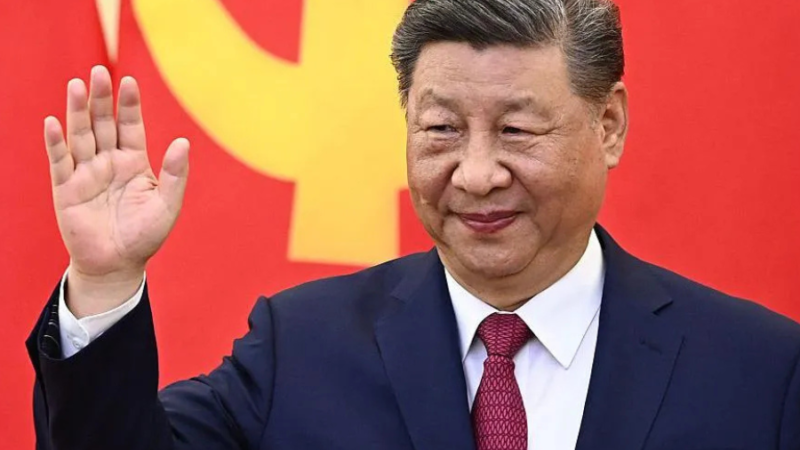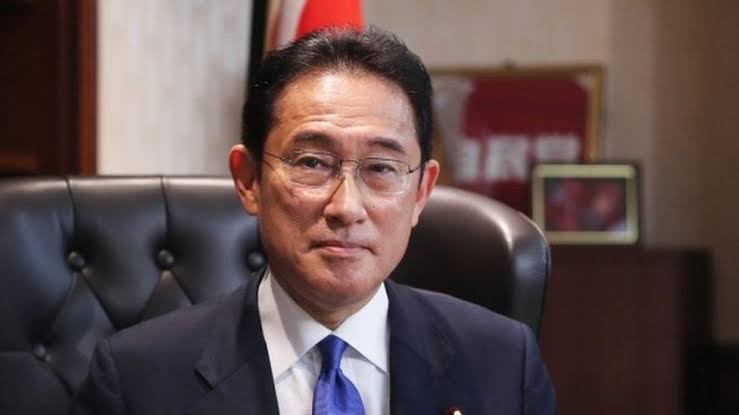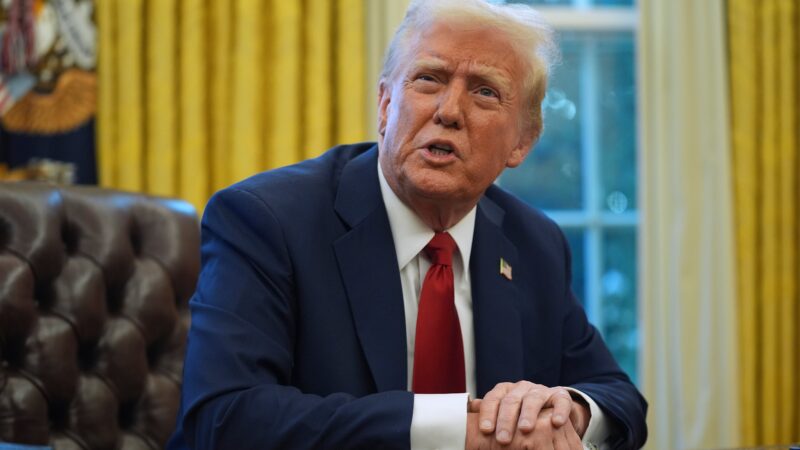Opposition Blocs Unite Post-Election; Khan’s Supporters Are Alarmed

Following elections where imprisoned former PM Imran Khan’s backers clinched victory, Pakistan’s secondary and tertiary political factions have agreed to collaborate. The PMLN, led by ex-PM Nawaz Sharif, and Bilawal Bhutto Zardari’s PPP issued a joint statement affirming their intent to foster political steadiness. If they manage to form a government, it could provoke dissatisfaction among Khan’s loyalists, given his PTI party’s exclusion from the electoral fray, forcing most of its candidates to run as independents.
Earlier, law enforcement resorted to tear gas to disperse a gathering of Khan’s supporters in Rawalpindi. Independent candidates secured 101 National Assembly seats, with 93 attributed to PTI-backed contenders, surpassing PMLN’s 75 and PPP’s 54.
The two parties, having previously united to unseat Khan in 2022, hold pivotal roles in shaping potential coalitions. Additionally, the Karachi-based MQM’s resurgence with 17 seats adds complexity to coalition dynamics.
As post-election wrangling ensues, unsuccessful independent candidates flood courts with claims of electoral malpractice. Both PTI and PMLN aspire to lead the next government. The outcome surprised observers, anticipating PMLN’s victory amid allegations against Khan and PTI’s exclusion.
Governing requires a coalition with a simple majority of 169 seats in the National Assembly. With 266 directly elected seats and 70 reserved, including 60 for women and 10 for non-Muslims, parties vie for parliamentary dominance.
Amidst allegations of electoral irregularities, the PTI mobilises protests against the purportedly rigged results, demanding a review. Police fortify electoral commission premises, enforcing colonial-era laws to deter large gatherings.
Sharif’s call for a united government hints at potential shifts in political alliances. However, experts caution against prolonged instability, fearing weak coalitions and legal battles over contested outcomes. Despite official denials, legal challenges persist as parties seek to address allegations of electoral manipulation.
The election underscores the resilience of Khan’s support base amidst evolving political landscapes, setting the stage for intense negotiations and potential legal showdowns in Pakistan’s tumultuous political arena.






